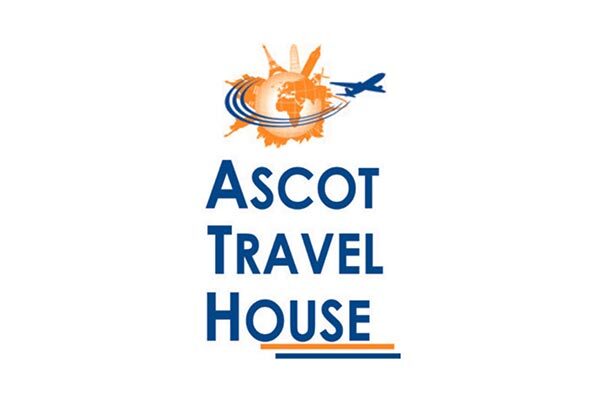Keeping your adverts and offers in check
 TTG Staff
TTG StaffWhether you’re displaying an advert in your shop window or posting a special offer on social media, it’s crucial that you’re playing by the rules, says Conor Gibson, compliance executive at the Committees of Advertising Practice
In 2017, the Advertising Standards Authority (ASA) investigated more than 250 complaints about travel adverts – that’s almost five a week. So what are the common concerns that have been stirring these grievances?
Our ad rules apply to all media – on buses, in magazines, and online, including company websites and social media platforms.
The ASA also enforces rules on sales promotions, such as limited-time offers and competitions, and deals with most promotional approaches that travel agents use.
Online ads provide up-to-date deals and information, which people rightfully expect to be reliable and accurate.
Consumers want the best deal available – and there’s nothing wrong with promoting offers in a positive light – but they shouldn’t be incentivised to take advantage of an offer only to find out that it’s not as good as it seemed.
This erodes consumers’ trust in agents’ services and undermines the perception that travel agents can provide the best deals for their customers.
The majority of our complaints have been about availability and pricing claims. For example, consumers are disappointed when an advertiser can’t fulfil an offer because they’ve underestimated demand.
Another example is when customers realise an advertised price doesn’t include non-optional charges and fees.
Customers also complain when significant conditions aren’t made clear upfront, because these factors may influence their decision to take the offer.
How to play by the rules
Firstly, ensure all significant conditions are clear. If you have great deals to the Maldives but only for flights leaving this week, people should know this before clicking on the ad or calling you.
Secondly, check that the information in your ad is accurate at the time it’s shown. If your tours to Iceland are advertised at a special price from October to February but all October spaces are booked, your ad is likely to be misleading.
Alongside this, and particularly with online ads, make sure you update your ads as soon as reasonably possible.
If the cheapest packages have sold out, then you should update banners on websites, ensure any new display ads no longer show that lowest price, and stop including old ad copy on social media and in emails.
Finally, you should always make sure you hold evidence. You need to be able to demonstrate there was reasonable availability of the product when you served an ad, and significant availability if you use an enticing “from” price or “up to” percentage discount.
Dynamic pricing in online travel advertising allows consumers to get up-to-date information on the best price available. However, the reliability of these fluctuating prices has come under a lot of scrutiny recently.
As this practice is still developing, we’ll continue investigating complaints about the issue to establish precedents. The principles are fairly clear, though – make sure that prices are accurate at the time they are shown and that you have evidence to support your claims.
Seeking help
If you are subject to an ASA investigation there’s no need to panic – it doesn’t automatically mean your ad breaks the rules. You’ll be given an opportunity to make your case and provide evidence.
All published rulings will include your response – whether we agree or not – so there will be a record of the efforts of your defence. This will help other advertisers see how we apply the rules and where the line is drawn.
During an investigation we will always ask for evidence, so make sure you keep clear records, especially of appropriate availability at the time the ad was shown.
Unfortunately, in several recent cases the advertiser didn’t hold any evidence at all, so they’ve had to change their ads.
If you’re ever in doubt, contact CAP’s Copy Advice team before you publish an ad. Our website also includes helpful resources, such as past cases.
- The Advertising Standards Authority is the UK’s regulator of advertising. It applies the codes written by the Committees of Advertising Practice (CAP). Find out more at asa.org.uk/advertisers or sign up for info here

















